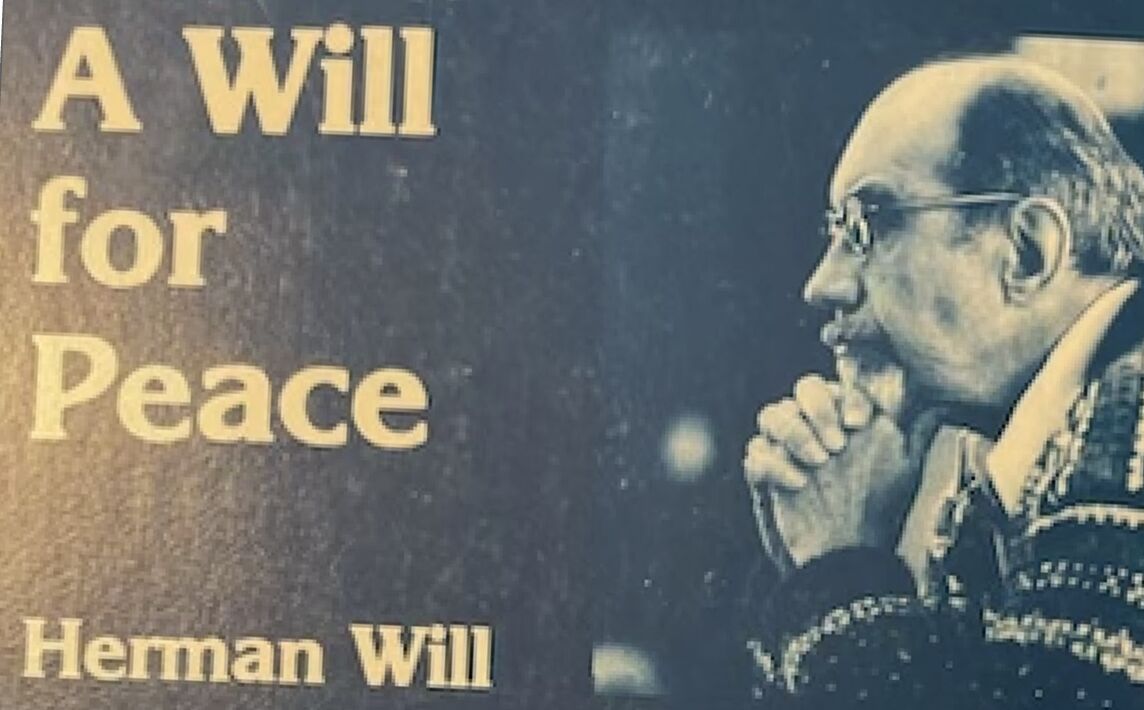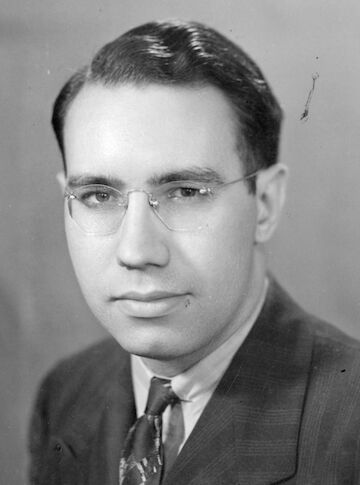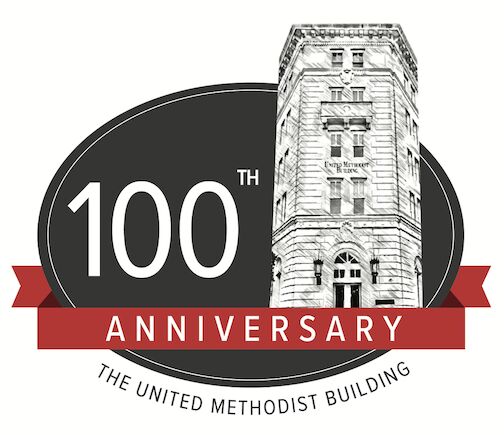ON THIS DAY the Board of World Peace Offered Congressional Testimony Opposing the Draft
On March 26, 1959, Mr. Herman Will, Administrative Secretary of the Board of World Peace, (later to become The General Board of Church and Society), walked across the street from his United Methodist Building office to the Senate Armed Services Committee Hearing and testified against the 4-year extension of the military draft.

The extension of the draft had to be passed by Congress every 4 years and many faith groups opposed the extension, which had been in place since 1940. Leading up to Mr. Will’s testimony, he spent countless hours in the United Methodist Building connecting with Methodists and faith groups to help establish the position of the Board.
In addition to standing for peace, Mr. Will and the Board of World Peace argued that the draft disadvantaged men of color, and those living in more impoverished circumstances, while white and often more affluent men were exempt from required conscription with educational deferments. At the time of Herman Will’s testimony, the voting age was 21 years, thereby allowing 18-year-old men to be drafted into service but disallowing them the right to vote.
On April 1, 1959, Congress voted in favor of extending the draft, overriding opposition by many denominations on Capitol Hill. Eighteen-year-old men were still required to register, making them eligible to fill vacancies in the United States Armed Forces that could not be filled through voluntary service.
After the congressional vote, Methodists led by Mr. Will and many communities of faith, continued to oppose various conflicts on moral grounds, particularly the Vietnam War. Historically, Methodists supported conscientious objection to war and allowed for resistance in the draft and fighting in wars.
Taking action in favor of conscientious objectors, The General Board of Church and Society provided hundreds of conscientious objection cards that were signed by young Methodist men and their pastors. It was a practice permitted by the Armed Services for young men to object to serving on the battlefield but agreeing to serve their country in a variety of community service organizations.
After decades of debate and protest, President Nixon signed the enabling legislation in 1971 to end conscription and put the reformed Selective Service System on “standby”. On January 27, 1973, Secretary of Defense Melvin Laird announced that “use of the draft has ended”.

Affectionately known as “Mr. Peace” by many United Methodists, Mr. Herman Will was an attorney, devoted Methodist and a conscientious objector.
Because of his pacifist leanings, Mr. Will became a conscientious objector when he was drafted during World War II. Instead, he accepted alternative service as the director of the Castaner Project, a rural hospital and service project in the mountains of Puerto Rico, which was operated by the Church of the Brethren. He also traveled to Cuba and Mexico speaking and organizing for peace with the International Fellowship of Reconciliation.
“Herman Will was an unrelenting guardian of justice and was unafraid to witness the church’s commitment for world peace,” said the Rev. Dr. Thom White Wolf Fassett, former General Secretary at Church and Society. “His abilities as a lawyer, along with his knowledge of the church and its public policy agenda, served the denomination in powerful ways upholding the convictions of our Social Principles".
After 37 years of international affairs work, Mr. Herman Will retired from Church and Society in 1981 and wrote his book A Will for Peace. He died Sept. 27, 2003, in Des Moines, Washington.
Thanks to Frances Lyons and the General Commission on Archives and History for the photo of Herman Will.
United Methodist Building Anniversary Resources
To watch four new United Methodist Building video shorts “Celebrating 100 Years of Social Witness,” and for information on the year of celebration click here.

To purchase the 2024 United Methodist Building historical book written by Dr. Jessica M. Smith, For Justice and Enduring Peace: One Hundred Years of Social Witness, visit Cokesbury Publishing.
ON THIS DAY SERIES… Each month in 2024, Church and Society will highlight notable days offering glimpses into the momentous 100-year history of the United Methodist Building and the people called Methodists often walking along side ecumenical partners living their faith through social witness.